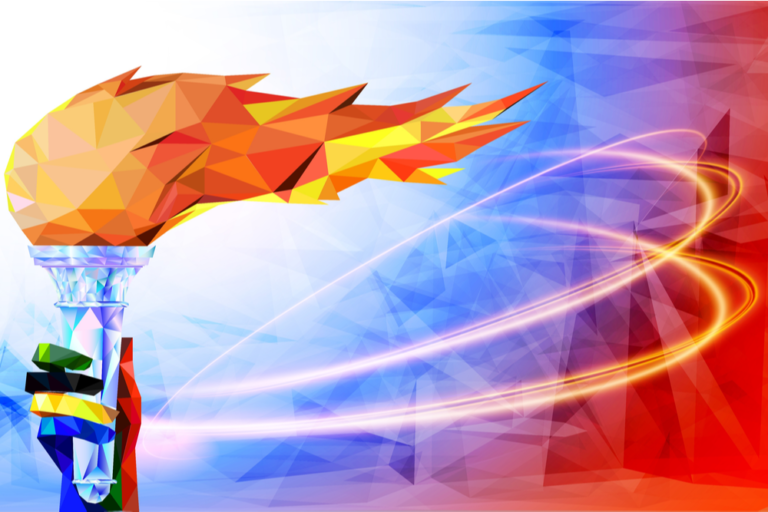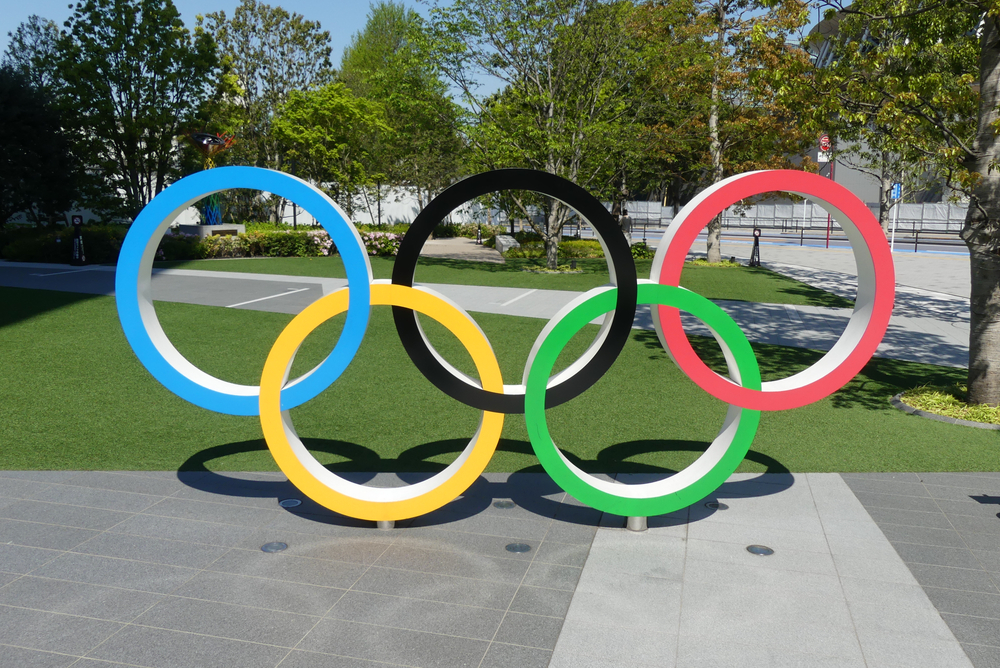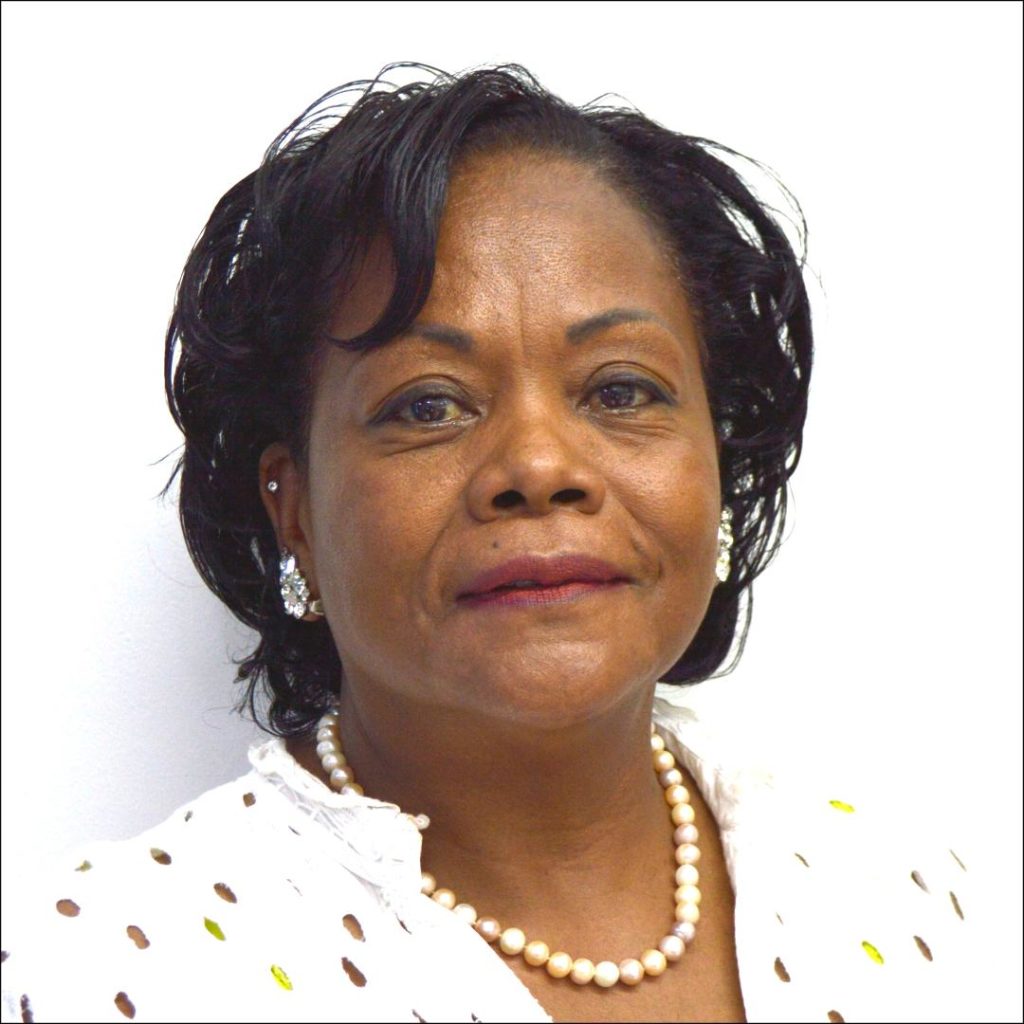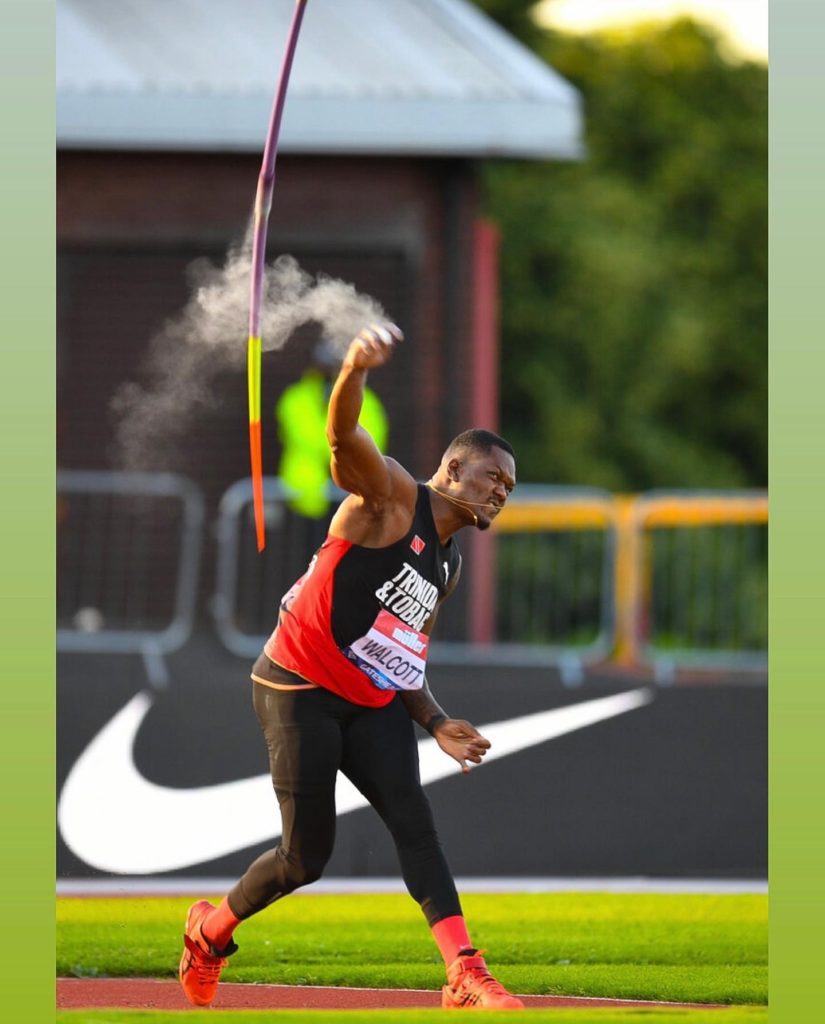
Pankration competitors of the olden Olympic Games embodied the modern term, ‘go hard or go home’- and in this case, ‘home’ often meant the grave. The dangerous sporting event was introduced at the XXXIII Olympiad (648 BCE) and was a combination of wrestling and boxing in which almost everything was permitted and only ended when one competitor gave up or died.
Olympians heading to Tokyo for the 2020 Games, thankfully, no longer have to worry about death from such gruesome competitions but there’s another potential threat – Covid-19 – the most devastating pandemic in decades which forced the cancellation of the Games last year and so far killed over 3.5 million people worldwide.
Scheduled to commence on July 23, this Olympic Games will definitely be unique. Health protocols emphasize frequent testing, vaccinations, and isolation bubbles for athletes and coaches. There will be no international fans in the stands this time around – sports fanatics will have to cheer their favourite athletes on from afar via their television screens.

But, did you know this is not the first time that a global pandemic has impacted the modern Olympics?
It happened before – a century ago – at the 1920 Antwerp Games in Belgium – the planning for which started when the world was experiencing the final outbreaks of the horrendous Spanish flu pandemic which swept around the world from 1918 until early 1920, killing about 50 million people. Seven Olympic athletes are said to have died from the flu, according to records provided by historian and physician, Bill Mallon. Cemented in history, the 1920 Olympic Games can perhaps be used as a positive example of the uniting character of Olympism, as both organizers and athletes pulled off what they set out to do, even in the midst of uncertainty and difficult preparations.
Overcoming a pandemic wasn’t the only major challenge for the Olympic Games. At the 1972 Summer Olympics in Munich, Germany, the Games came under fire – literally! In a twisted turn of events, a group of Palestinian terrorists, from a group called Black September, stormed the Olympic Village apartment of the Israeli athletes, killing two and taking nine others hostage. In a bloody shootout at the Munich airport, the Israeli hostages were killed, along with five terrorists and one German policeman. Olympic competition was suspended for 24 hours to hold memorial services for the slain athletes following which the event went according to schedule.
Besides its long history of perseverance under pressure, the Olympics itself has evolved – and improved.
Back in the early days, women were barred from all competitions – it was a men’s only kind of club. It was not until the 1900 Games in Paris did the rules change. Hélène de Pourtalès of Switzerland was the first woman to compete at the Olympic Games – she also became the first female Olympic champion as a member of the winning team in the first 1 to 2-ton sailing event.

Hélène paved the way for female athletes around the globe like Trinidad and Tobago’s Laura Pierre, a 200-metre sprinter, who made history in 1972 at the Munich Games (the same year as the Black September terrorist attack). At the age of 16, Pierre became the first female Olympian to ever represent the red, white and black.
Trinidad and Tobago has won 19 medals since its debut on the

Olympic stage in 1948 – 15 of which came from the sport of athletics. But as popular as track and field is to the local sporting landscape – it didn’t always reign supreme. Before there were household names like Hasley Crawford, Ato Boldon, Keshorn Walcott and Richard Thompson, there was Olympic weightlifting champion, Rodney Augustus Wilkes. Wilkes stunned judges and competitors at the 1948 London Games, lifting 317.5 kilograms in three lifts to claim bragging rights for his home country and bring home our very first medal – a silver in the men’s Featherweight event. It was a very big deal for a small nation to stand tall among the best in the world.
The Mighty Midget, as Wilkes was affectionately called, went on to win a bronze in the same event at the 1952 Summer Olympics in Finland. He shared the spotlight with another son of the soil, Lennox Kilgour, who also claimed a bronze in the Men’s Middle – Heavyweight category that same year.
Now with 16 Summer Olympiads under our belt, new disciplines have emerged including swimming, rowing, javelin, cycling and sailing. Olympic sailor Andrew Lewis knows a thing or two about this having been the first Trinbagonian to qualify for the Olympics in this discipline in 2012.
“It really makes me feel like anything you put your mind to is possible. And It makes me feel really blessed,” Lewis told me in an interview. “I know that my impact has had somewhat of a growth and influence in the sport and when my time comes to retire, I hope I’ll be able to influence more people across the islands and encourage the next generation of sailors to follow in the footsteps of the Olympic dream.”
Now, with mere days to go before the greatest sporting event in the world gets underway, sports fans everywhere are jubilant. Spectators can also look forward to new events on the 2020 Olympic roster – karate, surfing, sport climbing, and skateboarding are set to make their official debut, while baseball (the national sport for Japan) and softball have been reintroduced for the first time since 2008. The 2020 Olympic Games, many say, will be a welcomed breath of fresh air in the midst of what can only be described as unprecedented times.